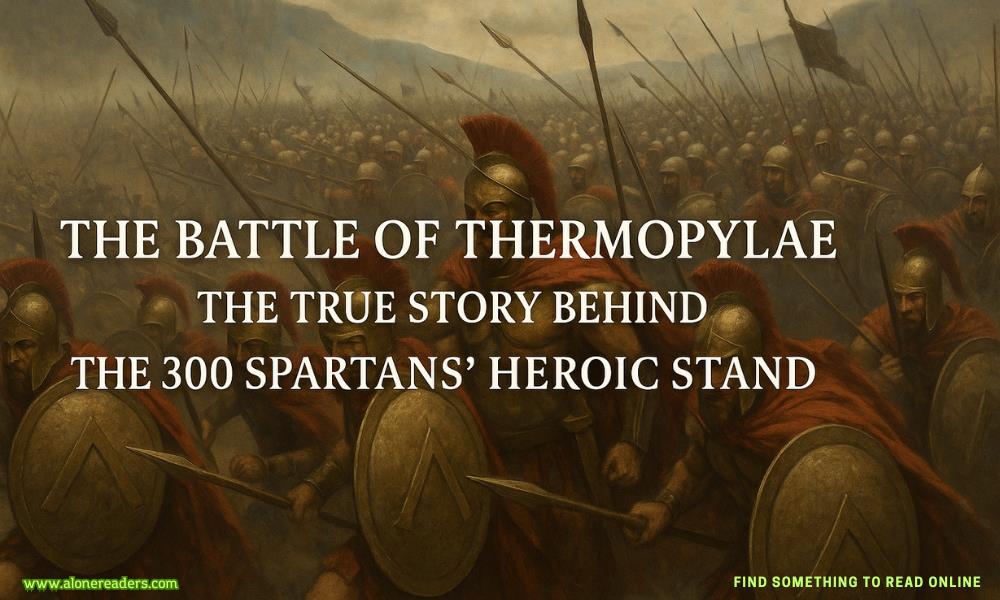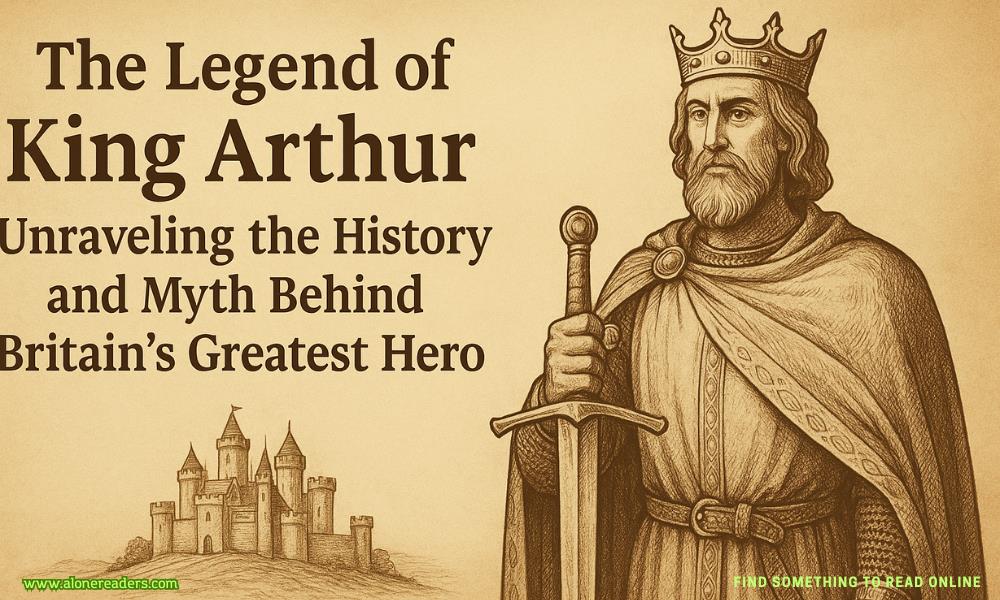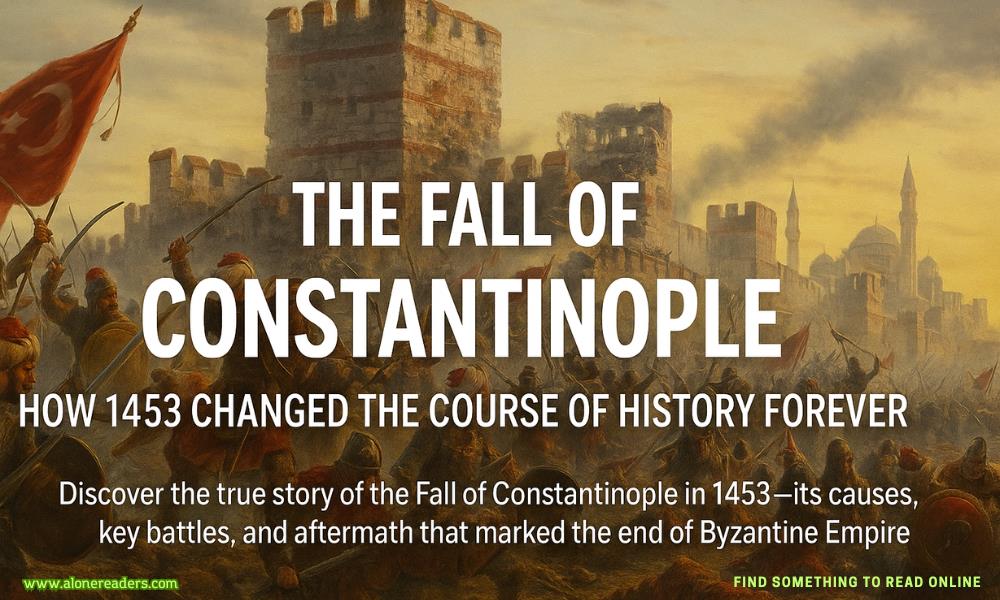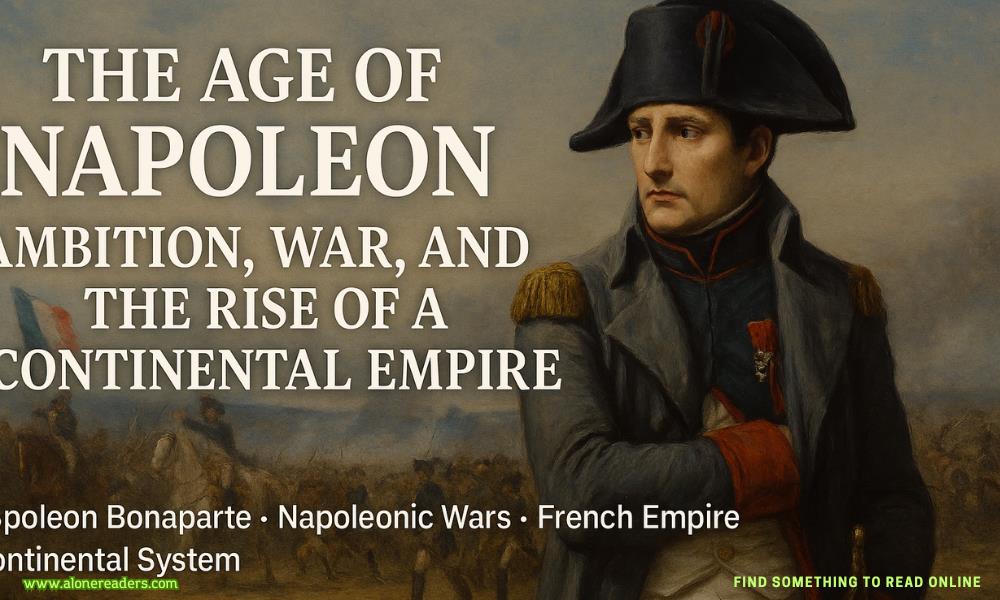Page 21 of Omega's Fire
I feel a flicker of genuine frustration break through my careful facade. “You’re not listening. Scores like ours—” I stop, aware I’ve said ‘ours’ with unexpected emphasis. “They’re exceedingly rare. Less than one percent of the population experiences it.”
“And that justifies force?”
“Force is a last resort,” I say, rising from my stool. “And you’re not being forced. After two weeks, you can still turn this match down. No one is going to hold a gun to your head at the bonding ceremony. You still have free choice. You are just beingasked to give this a fair chance without ideological resistance getting in the way.”
Leo laughs, a sharp sound without humor. “There it is. ‘Ideological resistance.’ Because it couldn’t possibly be rational to reject you.”
The conversation is spiraling exactly as I feared. I try a different approach.
“Okay, what would you suggest we do?” I ask, genuinely curious. “If you were designing a social system from scratch, how would you handle alpha omega pairing?”
Leo frowns and crosses his arms, studying me as if searching for the trap. He takes a moment before he speaks.
“I’d start by making registration voluntary,” he says finally. “Treating it as a matchmaking service for those who want it, not a mandatory sorting mechanism.”
“And for those like us, with exceptionally high compatibility?”
“There would be no ‘us,’” Leo says, but the edge in his voice has softened slightly. “I wouldn’t have registered. You wouldn’t have known I existed.”
I consider this. “You’d refuse true love because you don’t like the process?” I’m trying to keep sarcasm out of my voice but it’s hard. He’s being ridiculous. He may have a point about the Bureau being occasionally a little hardline but he’s being as hard about it as they are.
“I keep saying the same thing. Choice is important,” Leo moves to the kitchen counter, maintaining careful distance. “And the science isn’t as solid as you pretend. The Bureau’s studies lack proper controls. You track successful matches but ignore those who reject each other despite high scores.”
I raise an eyebrow. “There’s no such thing.”
“Of course, there is. You just exclude everything that doesn’t match your expected findings. I have read all your papers, you know.” Leo’s gaze is unwavering. “Know thy enemy.”
Something warm and unexpected blooms in my chest.
“And what did you find most flawed in my analysis of the Jensen paper?” I ask, unable to resist the academic challenge.
Leo’s eyes widen slightly, then his expression shifts, animated by the subject matter despite himself.
“Your sample was self-selecting. Only couples who remained together after five years were included.” Leo reaches for a glass, fills it with water from the tap. “You ignored dissolution rates among high-score matches.”
“The second phase addressed that,” I counter. “We tracked forward from initial matching.”
“With Bureau oversight. Participants knew they were being monitored for ‘success.’” Leo takes a sip, eyes never leaving my face.
“Page seventy-three, footnote twelve.” I feel a strange thrill at the verbal sparring. “We adjusted for that.”
“Self-reported perception isn’t the same as eliminating the pressure.” Leo sets his glass down. “The Bureau exists. Its penalties exist. You can’t just pretend that doesn’t have an effect.”
I find myself drawn closer, the debate pulling me in like gravity. “What about the most compelling element? The biochemical markers themselves. You can’t argue against that.”
“I don’t have to.” Leo leans against the counter, the most relaxed posture I’ve seen from him. “They prove sexual chemistry, not compatibility. There’s more to a successful relationship than just sex.”
We’re close now, separated only by the kitchen island. I can see the subtle changes heat is working on Leo’s features in the slight flush along his cheekbones and the brightness of his eyes.
His scent is intoxicating, growing richer by the minute.
And yet, Leo is fully present, intellectually sharp, challenging me on my own academic ground. It’s... captivating.
“I agree, but chemistry is what binds it. The relationship builds around it. It just needs the opportunity. The data—”
“Isn’t everything that matters.” Leo’s voice rises slightly. “You can’t quantify dignity, Nash.”
It’s the first time Leo has used my name. The sound of it in his voice does something to my pulse.
- Her Desert King by Marian Tee
- A Wife's Duty by Sam Crescent
- The Gift that Keeps On Giving by Jessa Kane
- Hard Hearts by Ella Goode
- Obsidian Devotion by Sylvia Rae
- Sold to the Single Daddies by Summer Haze
- Coast by Jessica Gadziala
- Jezebel's Liberation by Lacy Rose
- A Touch of Fate by Cora Reilly
- Relentless Knight by Lisa Cullen
- The Cheerleader by Jade Marshall
- With this Ring by Sierra Cartwright
- Axel by Kelly Finley
- Ice Cold Liar by Cynthia Eden
- Her Daddies' Everything by Laylah Roberts
- Bound By Lust by Rose Marie







